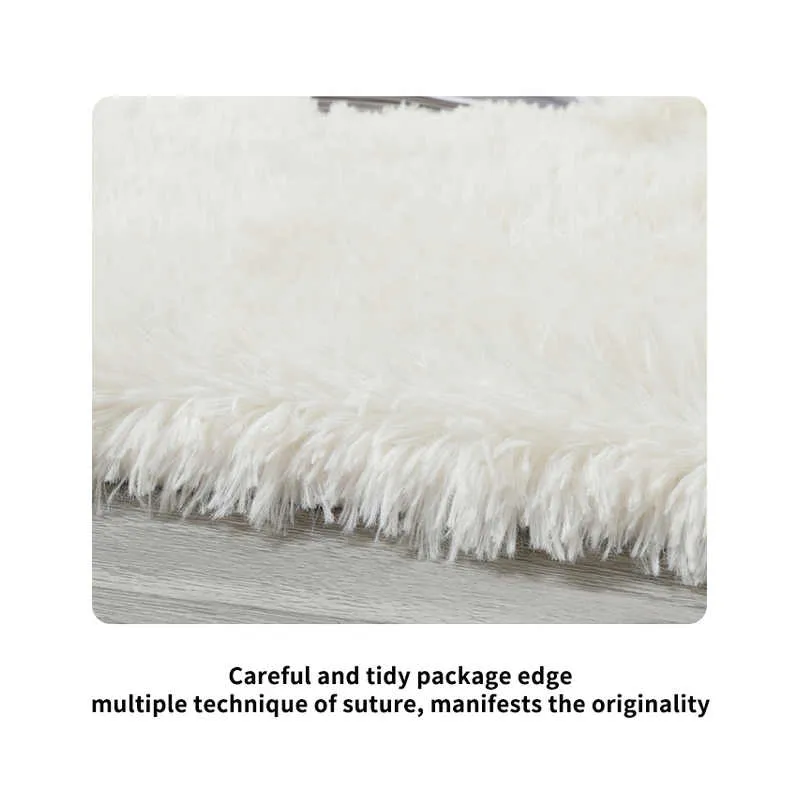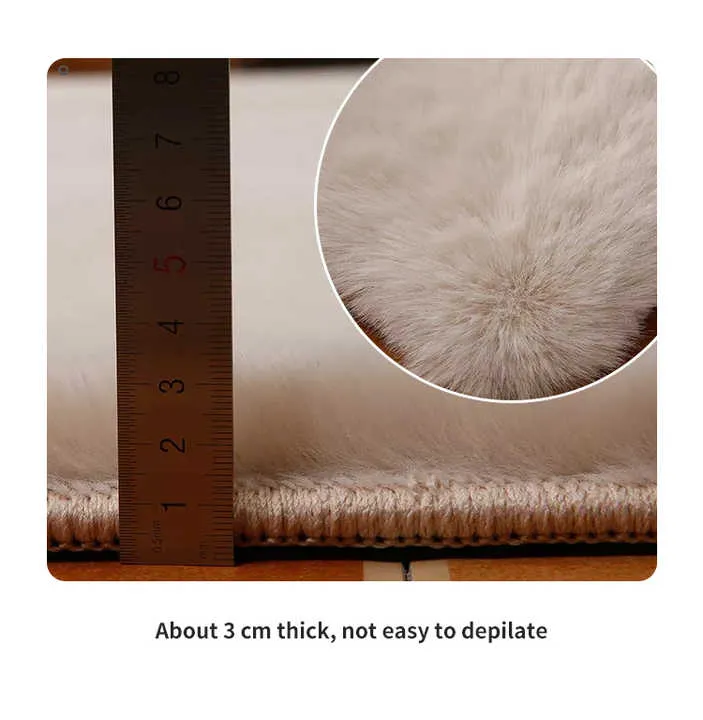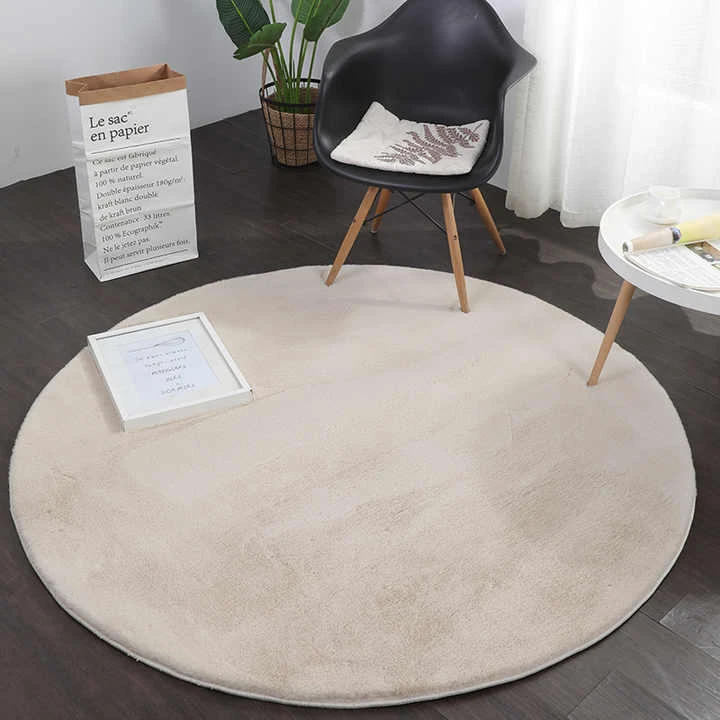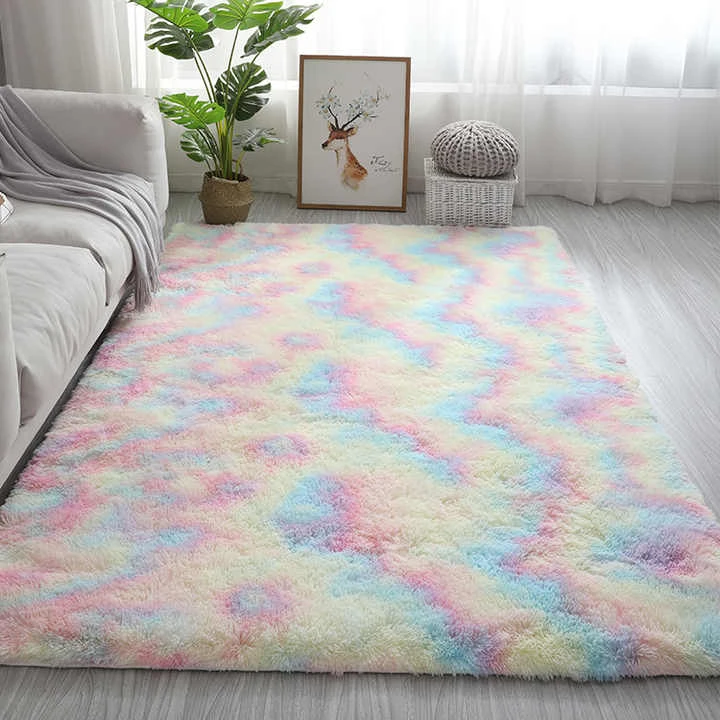

residential carpet
When it comes to enhancing the warmth and comfort of a home, residential carpet plays an indispensable role. Homeowners seeking to blend aesthetics with functionality often find themselves drawn to this versatile flooring option. Carpeting not only transforms a space’s appearance but also adds insulation, noise reduction, and safety improvements. Choosing a residential carpet involves various considerations ranging from material and style to maintenance and longevity. This article delves deep into the elements that make residential carpeting an ideal choice for homes while highlighting how an informed purchasing decision can yield long-term satisfaction and value.
Regular maintenance is vital to preserving a carpet's appearance and function. This includes routine vacuuming, prompt stain treatment, and annual deep cleaning. Vacuuming effectively removes dirt and debris, preventing the fibers from becoming worn and dull. Addressing spills immediately is crucial, as many fibers possess varying degrees of stain resistance but require timely action to perform optimally. Specialized cleaning solutions and methods, such as hot water extraction, can rejuvenate a carpet’s appearance and extend its service life. For those seeking longevity and sustained performance, these upkeep practices are indispensable. Investing in residential carpet can also yield significant financial benefits in the long run. Carpeting provides excellent insulation, reducing energy costs by maintaining consistent indoor temperatures. During colder months, carpets retain warm air longer, contributing to a cozier environment and lessening the burden on heating systems. Furthermore, the right carpet choice can significantly enhance a home's resale value. Homebuyers often appreciate the aesthetic and comfort that a well-maintained carpet brings, recognizing it as a value-adding feature that speaks to a home’s overall quality and care. The credibility and trustworthiness of carpet manufacturers are critical factors in the purchasing process. Established brands stand behind their products with robust warranties, ensuring consumers that they invest in quality and reliability. Researching brands and reading customer reviews provide insight into a product's real-world performance. Reputable manufacturers are transparent about their product specifications, certifications, and sustainability practices, which not only supports informed decision-making but also reflects the company’s commitment to ethical production standards. In conclusion, selecting residential carpet involves a thoughtful consideration of material, style, installation, maintenance, and manufacturer reliability. An informed choice enhances not only the aesthetic and functional aspects of a home but also its economic and energy efficiency. Homeowners who prioritize these factors can enjoy the myriad benefits that well-chosen carpet brings, from improved comfort and acoustic qualities to increased home value and environmental benefits. With a thorough understanding of these aspects, making the best choice in residential carpet becomes a gratifying investment in a home’s future.


Regular maintenance is vital to preserving a carpet's appearance and function. This includes routine vacuuming, prompt stain treatment, and annual deep cleaning. Vacuuming effectively removes dirt and debris, preventing the fibers from becoming worn and dull. Addressing spills immediately is crucial, as many fibers possess varying degrees of stain resistance but require timely action to perform optimally. Specialized cleaning solutions and methods, such as hot water extraction, can rejuvenate a carpet’s appearance and extend its service life. For those seeking longevity and sustained performance, these upkeep practices are indispensable. Investing in residential carpet can also yield significant financial benefits in the long run. Carpeting provides excellent insulation, reducing energy costs by maintaining consistent indoor temperatures. During colder months, carpets retain warm air longer, contributing to a cozier environment and lessening the burden on heating systems. Furthermore, the right carpet choice can significantly enhance a home's resale value. Homebuyers often appreciate the aesthetic and comfort that a well-maintained carpet brings, recognizing it as a value-adding feature that speaks to a home’s overall quality and care. The credibility and trustworthiness of carpet manufacturers are critical factors in the purchasing process. Established brands stand behind their products with robust warranties, ensuring consumers that they invest in quality and reliability. Researching brands and reading customer reviews provide insight into a product's real-world performance. Reputable manufacturers are transparent about their product specifications, certifications, and sustainability practices, which not only supports informed decision-making but also reflects the company’s commitment to ethical production standards. In conclusion, selecting residential carpet involves a thoughtful consideration of material, style, installation, maintenance, and manufacturer reliability. An informed choice enhances not only the aesthetic and functional aspects of a home but also its economic and energy efficiency. Homeowners who prioritize these factors can enjoy the myriad benefits that well-chosen carpet brings, from improved comfort and acoustic qualities to increased home value and environmental benefits. With a thorough understanding of these aspects, making the best choice in residential carpet becomes a gratifying investment in a home’s future.

Next soft shag rug
Products

Can't Find The Carpets Wholesale And Services You Need?
If you need our help,
Our staff will be happy to help and answer your questions!

Variety
Carpets come in a wide range of colors, patterns, and textures to suit different styles and preferences.

Softness
They offer a plush, soft feel underfoot, adding comfort to any room.

Durability
Quality carpets are designed to withstand heavy foot traffic and last for years with proper care.

Maintenance
Carpets require regular cleaning, such as vacuuming and occasional deep cleaning, to maintain their appearance and hygiene.
Address
Floor 724 ,Building 7, No. 10, Tatan International Trade City, 118 Shengli South Street, Qiaoxi District, Shijiazhuang City, Hebei Province
Business Hours
Mon to Saturday : 8:00 am - 7:00 pm
Sunday & Holidays : Closed

















